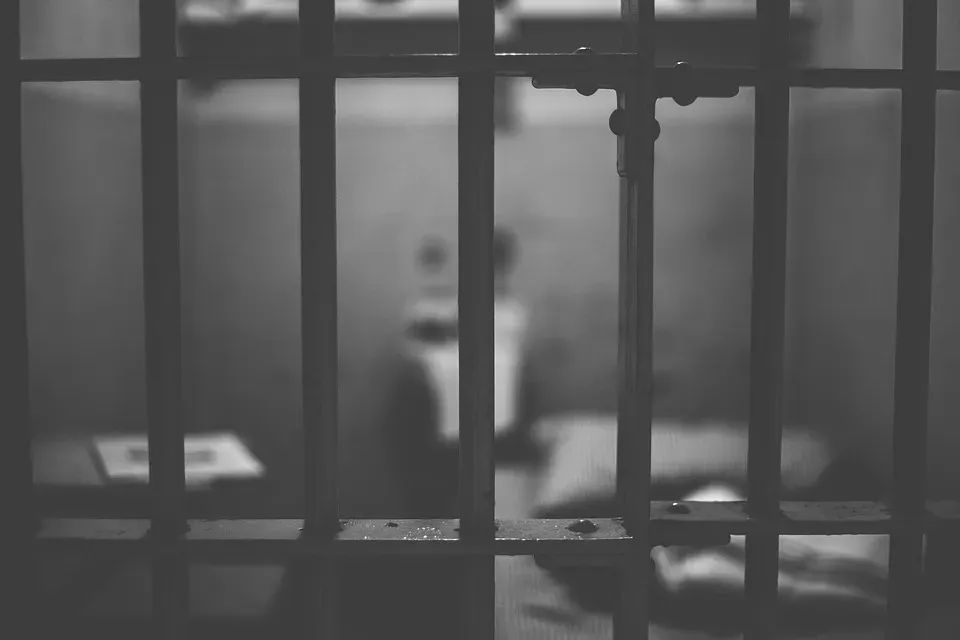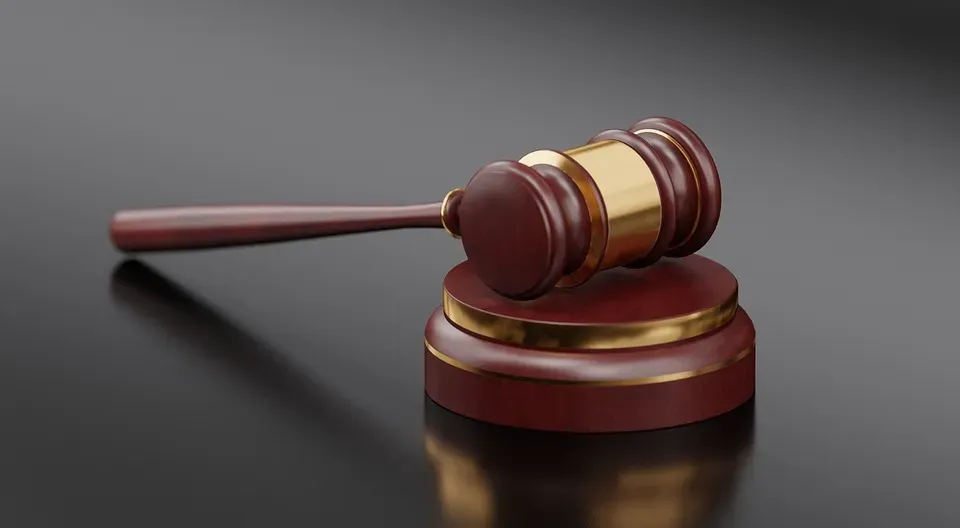Are you facing charges for stealing a motor vehicle? Andrew Byrnes Law Group are experts in handling all types of criminal cases in ACT and NSW. Visit our law office today or give us a call to discuss your case with a trusted criminal lawyer in Canberra .
In Australia, driving someone else's motor vehicle or car without the owner's consent can already be considered as car theft. Particularly in the New South Wales (NSW) area, car theft or stealing a motor vehicle carries a maximum penalty of 10 years in jail.
According to Section 154F of the Crimes Act 1900, stealing a motor vehicle or a water vessel is equivalent to a criminal offence with severe punishments for violators.
However, since there is also another case involving motor vehicles, it is frequently mistaken for the less serious offence which is joyriding.

What is a Motor Vehicle?
Before we delve deeper into the specifics of this criminal offence, it is important to define first what a motor vehicle is.
A "motor vehicle" is defined by the following:
- built to be propelled by a motor that constitutes part of it,
- any component of such a car with an identification number,
- a motor that can be integrated into a vehicle
Joyriding Vs Stealing a Motor Vehicle in NSW
" Joyriding " in the context of law refers to an illegal use of motor vehicle or vessel without the owner's consent. However, assessing the nature of this offence, "joyriding" involves circumstances where an automobile was stolen but then brought back to the owner.
On the other hand, "stealing" means that a person takes your vehicle without the intention of returning it for personal reasons or basically to permanently deprive the owner of their own property.
While both offences are illegal, stealing is more serious, and can even be considered as a criminal offence. This suggests that a person who has been charged with stealing must appear in court to face charges.
Penalties for Stealing a Motor Vehicle
In the state of New South Wales (NSW), stealing a vehicle or vessel is considered a serious crime. Under Section 154F of the Crimes Act of 1900 , the maximum penalty for stealing cars is ten years in jail.
While stealing a car or a boat may result in a lengthy prison sentence, the local court has the authority to impose additional punishments when necessary. Taking into account the following matters including the nature of the crime, previous unlawful activities, and other personal circumstances, the court has the right to decide whether the imprisonment sentence is still necessary or not.

Conside ring this, the court may impose sanctions like home detention, during which the offender will be closely monitored and required to abide by electronic monitoring.
Other penalties that a Court may find more appropriate for some offenders also include suspended sentences, community service, or a fine.
Possible Defences Against Stealing Motor Vehicles
If you have been charged with the crime, the prosecution must prove the following beyond a reasonable doubt in order for the accused to be found guilty of stealing a vehicle or vessel.
- A motor vehicle or a vessel was stolen
- You intend to permanently deprive the owner of his/her vehicle or vessel
- You personally acknowledge committing the offence

However, if the prosecution fails to prove the case beyond reasonable doubt, the person accused with the offence may refute the accusation by stating that
- he/she had a sincere claim of ownership over the car or
- he/she had no intention to rob the owner of their property for good
Which Court Is Going to Hear Your Case?
According to Section 154F of the Crimes Act 1900, stealing a motor vehicle or a vessel is a table matter offence.
Table offences refer to some offences which can be tried on indictment as identified under the Criminal Procedure Act 1986 (NSW).
In cases like this, the local court is usually the one that handles the case. However, this may change during significant conditions in which the District or Supreme Court takes over and handles it.

We Can Help You Drop Your Theft Charges
If you have been accused with stealing a motor vehicle or a vessel, it is critical for you to get a high caliber defence lawyer who can withdraw your case.
We are an experienced team of criminal defence lawyers in Canberra and we have a proven track record of successfully getting theft charges dropped and dismissed.
Contact us at Andrew Byrnes Law Group if you are involved or accused of this specific offence and if you need competent and specialised legal assistance. We are renowned for our professional and reliable legal service and it would be an honour to fearlessly defend you.

'
Date:
May 25, 2025
Author:
Andrew Byrnes
/
Managing Partner




















.jpg)
.jpg)
.jpg)
.jpg)
